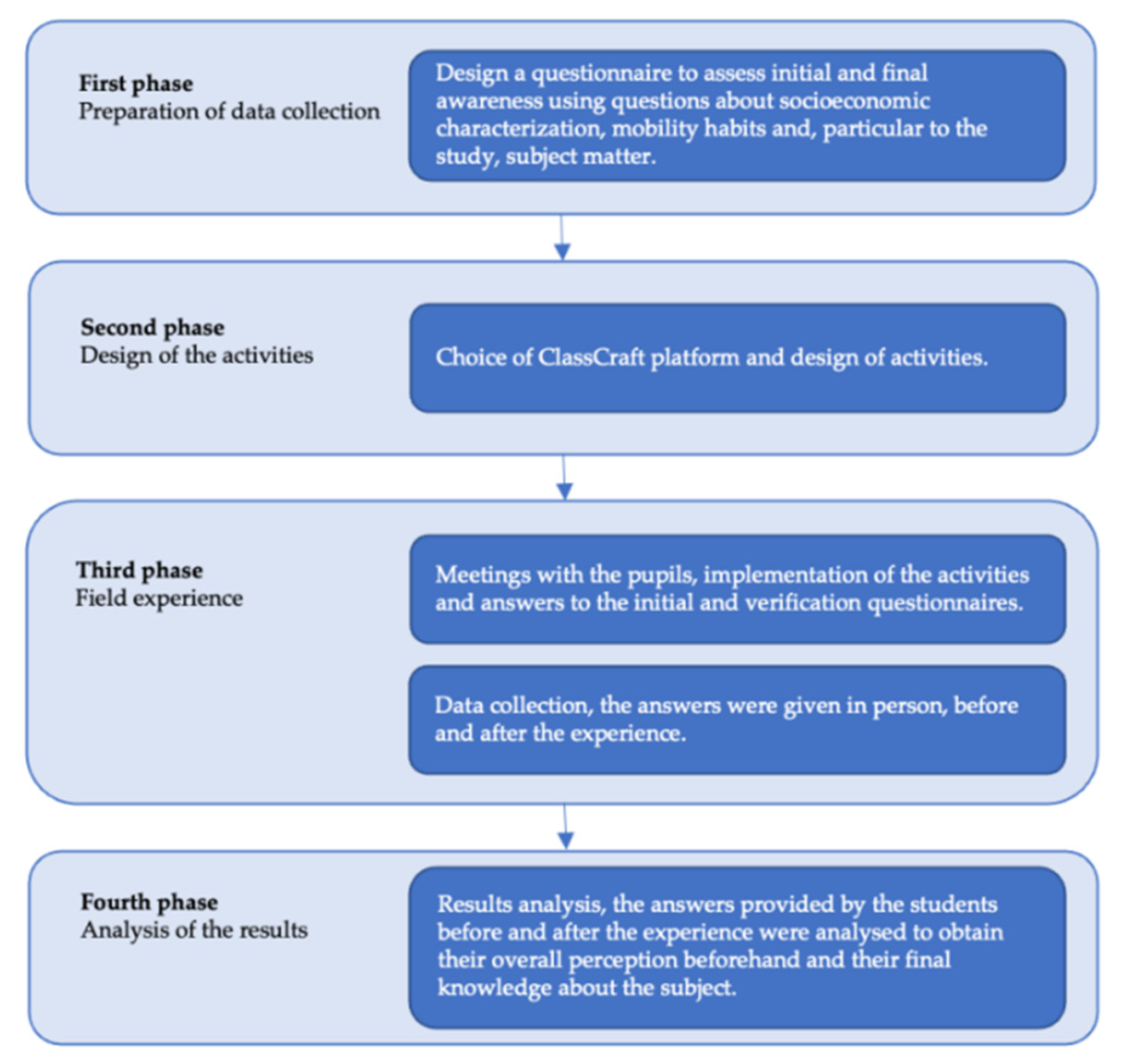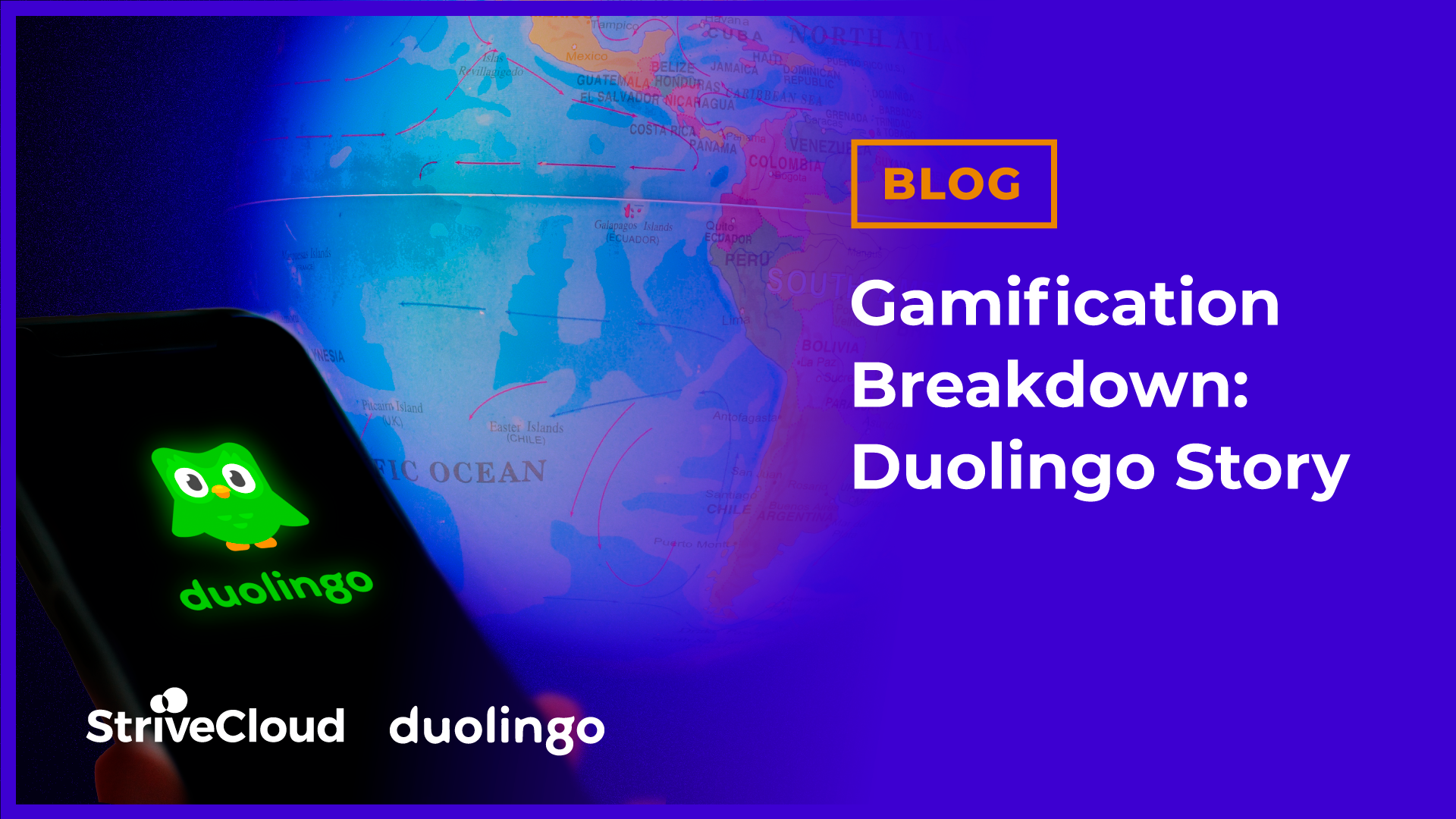The Impact of Gamification: Case Studies from Education Technology Startups
Meta Description: Dive into the transformative effects of gamification in education with insightful case studies from groundbreaking startups, exploring the benefits and future potential of this innovative approach.
Gamification—a term that resonates loudly in today’s education landscape—refers to the inclusion of game design elements in non-game contexts, especially in educational settings. By integrating game-like features such as scoring systems, competition, and achievement badges, educators aim to enhance engagement, motivation, and learning outcomes. With over five years of experience in SEO and a passion for educational innovation, I’ve witnessed firsthand how gamification is revolutionizing the way students interact with their learning environments.
In this blog post, we will explore the impact of gamification in education technology through various case studies from startups that have successfully embraced this strategy. Our journey will shed light on the principles that underlie gamification, the quantifiable benefits it brings, and the innovative approaches that various startups are taking to reshape learning experiences.
Understanding Gamification in Education
Before delving into the case studies, it is essential to understand what gamification entails and why it holds such significance in the educational landscape.
Definition and Core Principles
At its core, gamification leverages fundamental game design principles to encourage participation and improve learning processes. Some of the key principles include:
- Achievement: A focus on goal-setting where learners can earn rewards or recognition for completing tasks.
- Competition: Encouraging rivalry among peers to stimulate motivation.
- Social Interaction: Promoting collaboration and interaction among learners, promoting a sense of community.
Research supports these principles, with theories like Self-Determination Theory highlighting the importance of autonomy, competence, and relatedness as key motivators for effective learning.
Quantifiable Benefits of Gamification
The efficacy of gamification in education is supported by numerous studies. For instance, a survey reported in the 2016 Gamification in Education revealed that classrooms employing gamified elements experienced a 60% increase in student engagement and an 80% improvement in retention rates.
Furthermore, the Journal of Educational Psychology (2020) documented a significant increase in test scores—an average of 14% higher among students participating in gamified learning environments compared to traditional instruction.
Inspiring Case Studies from Innovative Startups
1. Kahoot!

Kahoot! has transformed the way educators engage with students through interactive quizzes and games. Teachers across the globe have reported a staggering 50% improvement in student participation while using the platform. Kahoot! cleverly fuses learning with competition in a dynamic and social way, allowing students to answer questions in real-time and compete against their classmates. Learn more about Kahoot!
2. Classcraft

Classcraft combines gamification with behavioral management techniques. By using game mechanics to shape student behavior, teachers have seen a 90% decrease in negative behavior incidents in participating classrooms. With character roles, quests, and points, Classcraft fosters a positive learning environment while simultaneously improving student engagement. Learn more about Classcraft
3. Duolingo

Duolingo, the language-learning app, has garnered over 500 million users by employing gamification principles across its platform. With features like XP points, streaks, and rewards, Duolingo motivates users to continue learning, which significantly boosts retention rates. Their approach illustrates how gamifying language learning makes the process enjoyable, fostering consistent practice among users. Learn more about Duolingo
Bridging Psychological Theories and Gamification
Gamification’s effectiveness is further anchored in psychological theories.
- Behaviorism suggests that reward systems, such as points and badges, create motivation to engage in desired behaviors.
- Constructivism posits that interactive, engaging experiences lead to deeper understanding and retention of knowledge.
By intertwining these theories with gamified educational practices, startups are not only catering to modern learners' needs but also creating sustainable models for teaching.
Acknowledging Limitations
While gamification has established itself as an innovative educational tool, it’s essential to recognize potential limitations. Some students may not respond positively to gamified approaches due to differences in motivation. Factors such as age, learning style, and personal interests can influence how gamification is received.
Educators must assess the context and individual needs of their students, ensuring a balanced application of gamification that resonates with the entire classroom.
Embracing Future Trends in Gamification
As technology evolves, the landscape of gamification in educational technology continues to expand. Technavio forecasts that the gamification market within this sector is set to grow at a staggering CAGR of 30% from 2021-2025. This growth underscores the urgency for educators and technologists alike to embrace gamification strategies.
Additionally, research by educational thought leaders suggests an increasing shift towards adaptive gamification, where learning experiences are personalized based on individual learner data, preferences, and performance.
Get tips like this in your inbox
One growth tip every Tuesday. No spam.
Conclusion: The Path Forward
The impact of gamification in education technology startups is undeniable. From enhancing engagement to improving behavioral outcomes, the examples we’ve explored demonstrate significant advantages to implementing gamified elements in the classroom.
For educators, technology entrepreneurs, and investors, the potential of gamification presents an opportunity to rethink traditional practices and inspire innovative pathways toward learning. As we forge ahead into an increasingly digital future, embracing gamification will be pivotal in crafting enriched educational experiences.
Are you ready to integrate gamification into your educational strategies? Consider exploring the resources available on platforms like ClassDojo, Quizizz, and Kahoot!, which can help you embark on this transformative journey. Stay updated on the latest developments in education technology by subscribing to our newsletter for regular insights and innovative ideas to inspire your teaching or business model.
Let us continue to foster meaningful conversations on how technology and education can converge to create a brighter tomorrow for learners everywhere.
